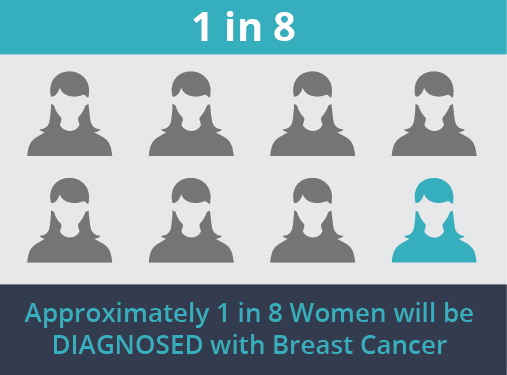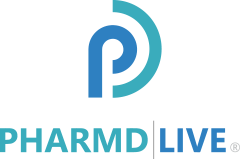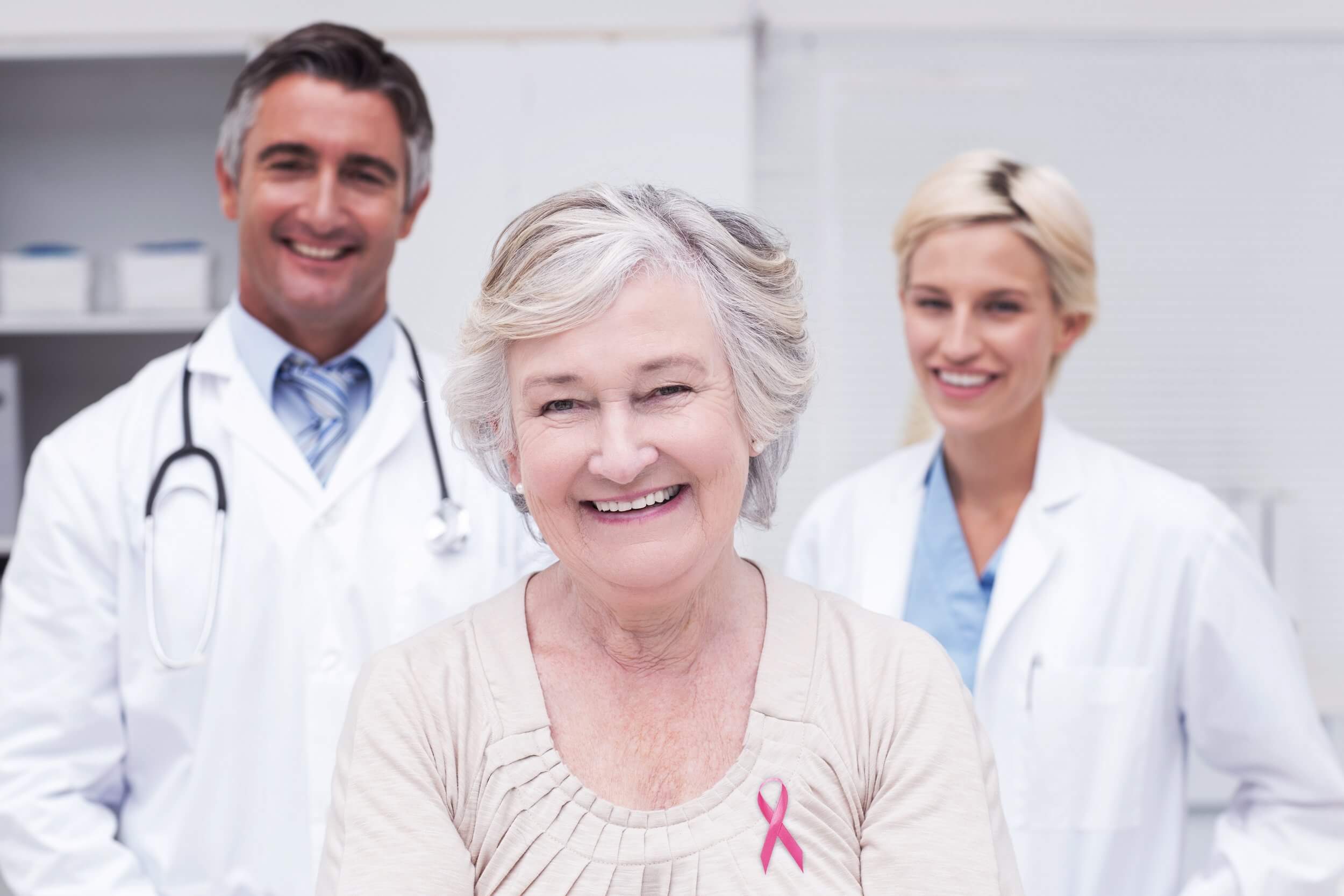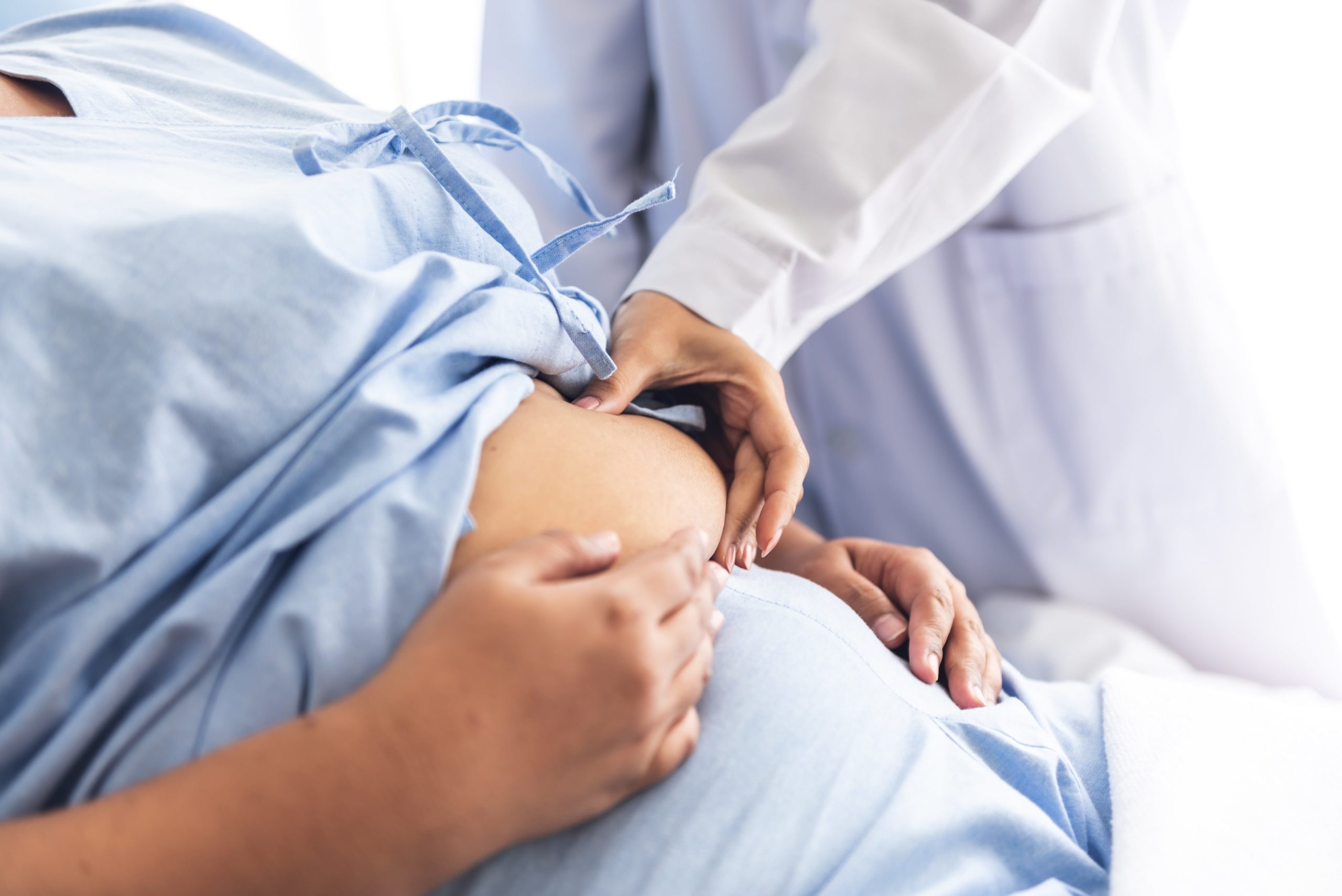
The National Cancer Institute estimates that 1 in 8 women living in the United States will be diagnosed with breast cancer in their lifetime.
Gender and age are the most significant risk factors for developing breast cancer, with approximately 95% of all cases occurring in women 40 and older. It is a leading cause of death among women in the United States, second only to skin cancer.
Breast cancer is considered a disease of aging. The median age of women who develop breast cancer is 62, with over 24% of cases occurring in women between the ages of 70 -84. Additionally, the number of diagnosed invasive breast cancer cases is expected to more than double by 2030 for this age group.
Mammogram Recommendations:
The U.S. Preventive Services Task Force recommends biennial mammogram screenings for women ages 50-74. However, screening guidelines for women 75 years and older are less clear. The task force does not offer any guidance for or against mammogram screenings for this population due to lack of evidence demonstrating benefits outweighing risks. Thus, the decision to continue having mammograms should be personal, based on current health and medical history. The benefits of continued screenings should be discussed with a physician who can aid in developing a preventative screening plan. For some older, healthy women with a life expectancy greater than 10 years, it may be reasonable to continue getting mammograms once every 2 years; whereas breast cancer monitoring through physical exams may be more beneficial for older women who have serious health issues or reduced life expectancy.
Treatment Options For Older Women:
Even though older women represent the majority of breast cancer patients, treatment-based guidelines for this patient population are limited mainly due to lack of representation in clinical trials which are used to form the basis of the standards of care guidelines. While usual treatment regimens for younger patients often involve a combination of chemotherapy, surgery, and radiation, treatment for older women, who present with early breast cancer, is likely to be considerably less invasive and is mostly dependent upon the type of breast cancer diagnosed. For example, it is estimated that 80% of women in their 70s, and 90% of women in their 80s, have hormone receptor positive breast cancer. These types of tumors can often be treated effectively with surgery and adjuvant hormone therapy without the need for additional radiation or chemotherapy.
Hormone therapy has been shown to prevent cancer cells from getting the hormones necessary to grow, either by lowering estrogen levels, or by stopping the action of estrogen on tumor cells. The following hormone based therapy is often used to treat breast cancer in post-menupausal women:
- Aromatase inhibitors, including anastrozole, exemestane, and letrozole, which help lower estrogen levels in the body.
- Selective estrogen receptor modulators (SERMs), including tamoxifen and toremifene,which block estrogen receptors on the tumor cells surface. This prevents estrogen from acting on cancer cells and giving the cells instructions to grow and divide.
A study published in the August 1st, 2019 edition of “International Journal of Radiation Oncology” looked at women 70 years of age and older with hormone receptor positive, HER-2 negative breast cancer. The research team conducted a matched cohort observational study that included 2995 patients from the National Cancer Database. The study compared overall survival in otherwise healthy women treated with lumpectomy and adjuvant hormone therapy versus lumpectomy followed by radiation therapy. The study found no difference in the 5 year overall survival rate between the two groups. Women who underwent lumpectomy and hormone therapy lived just as long as those who received radiation, although radiation therapy did result in a somewhat reduced risk of recurrence. (https://www.redjournal.org/article/S0360-3016(19)33556-4/abstract)
For a small percentage of older women who have advanced metastatic breast cancer or estrogen negative breast cancer, treatment with chemotherapy may warrant consideration. Chemotherapy drugs are often selected based on their ability to target tumor cell genes and proteins as well as the patient’s ability to tolerate the treatment regimen. The risks of potential side effects that can impact the patient’s daily life must be weighed against the benefits of treatment. Women should work closely with their oncologist to develop a personalized treatment plan that addresses the following:
- Health and life expectancy
- Risks and benefits of treatment
- Treatment goals- reduced side effects versus lower likelihood of recurrence
Risk Of Breast Cancer Related Death:
While older women are more likely to get breast cancer, their risk of dying from the disease is not significantly higher than that of younger women. Studies show more deaths from breast cancer in older women simply because most diagnoses occur in older women; however, the cause of death for many of these women is unrelated to their breast cancer. For women of any age, survival rates are dependent on the stage and subtype of cancer. The facts show many women of advanced age have positive results when treated for breast cancer.
References:
U.S. Preventive Services Task Force. (2016). Breast Cancer: Screenings. Retrieved from https://www.uspreventiveservicestaskforce.org/Page/Document/UpdateSummaryFinal/breast-cancer-screening1?ds=1&s=breast%20can
National Cancer Institute. Study Forecasts New Breast Cancer Cases by 2030. https://www.cancer.gov/news-events/cancer-currents-blog/2015/breast-forecast
BreastCancer.Org. U.S. Breast Cancer Statistics. https://www.breastcancer.org/symptoms/understand_bc/statistics
Breast Friends., (2017) Breast Cancer Signs, Symptoms, and Facts. https://www.breastfriends.org/cancer-facts/breast-cancer-facts/?gclid=Cj0KCQjw8svsBRDqARIsAHKVyqEs0se5AsFMU6UTliXXdrzL5CnIXNZ49s2S-r4iGG98D-gLFth8qmUaAio8EALw_wcB
American Cancer Society. Hormone Therapy for Breast Cancer. Retrieved from https://www.cancer.org/cancer/breast-cancer/treatment/hormone-therapy-for-breast-cancer.html#references
Harvard Women’s Health Watch. (2015). Good New About Early Stage Breast Cancer for Older Women. Harvard Health Publishing Harvard Medical School. Retrieved from https://www.health.harvard.edu/cancer/good-news-about-early-stage-breast-cancer-for-older-women
Freedman RA. (2015). What Older Women Should Know About Breast Cancer. Dana-Farber Cancer Institute. Retrieved from https://blog.dana-farber.org/insight/2015/08/what-older-women-should-know-about-breast-cancer/
Buszek, SM, Lin HY, Bedrosian I, Tamirisa N Babiera GV, Shen Y, Shaitelman SF. (2019). Lumpectomy Plus Hormone or Radiation Therapy Alone for Women Aged 70 Years or Older With Hormone Receptor–Positive Early Stage Breast Cancer in the Modern Era: An Analysis of the National Cancer Database.
DOI: https://www.redjournal.org/article/S0360-3016(19)33556-4/abstract









